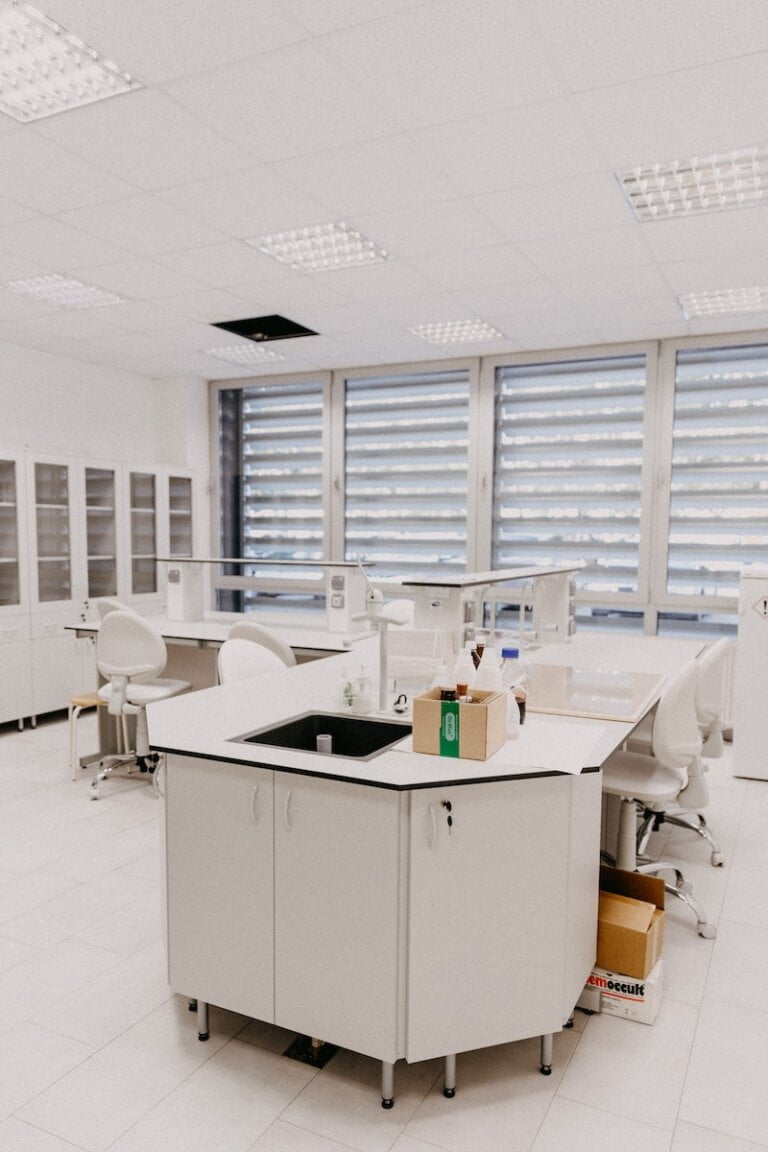Keeping Ears in Harmony: Strategies for Maintaining Moisture Balance and Avoiding Swimmer’s Ear
Ears play a vital role in our sensory system, allowing us to hear and perceive the world around us. However, many individuals tend to overlook the importance of proper ear care, which can lead to discomfort, infections, and other complications. One critical aspect of ear care is maintaining moisture balance within the ear canal. In this article, we will explore various strategies and practices that can help you keep your ears in harmony, ensuring optimal moisture balance and preventing discomfort.
Understanding the Importance of Moisture Balance
Proper moisture balance within the ear canal is essential for maintaining the health of our ears. When the ear becomes too dry or too moist, it can disrupt the functioning of the delicate structures within the ear, leading to various issues such as earwax buildup, itchiness, inflammation, and even infections. To ensure optimal ear health, it is crucial to adopt the following strategies, practices, and precautions:
- Avoid Excessive Earwax Removal
Earwax serves as a natural defense mechanism, protecting our ears from dust, debris, and harmful microorganisms. However, excessive cleaning or removal of earwax can disrupt its balance and cause dryness or irritation. To avoid this, it is recommended to refrain from using cotton swabs or other objects to clean the ear canal. Instead, allow the earwax to naturally migrate out of the ear. If you experience excessive earwax buildup, consult a healthcare professional for safe and proper removal. They can utilize methods such as irrigation or suction to remove the excess earwax without harming the delicate structures of the ear.
- Keep Ears Dry After Water Exposure
Excess moisture in the ear can lead to discomfort and create an environment conducive to bacterial or fungal growth. After swimming, bathing, or participating in water activities, it is crucial to dry your ears gently. Tilt your head to the side and use a towel or a soft cloth to pat dry the outer ear. Avoid inserting anything into the ear canal as it may damage the delicate structures and disrupt moisture balance. Additionally, you can consider using a hairdryer on its lowest setting, holding it at least 12 inches away from your ear, to aid in drying the ear canal effectively.
- Use Earplugs in Moisture-Prone Environments
If you frequently expose your ears to moisture, such as during swimming or while taking a shower, using earplugs can help maintain moisture balance and prevent water from entering the ear canal. There are several types of earplugs available, including custom-fit ones that offer a snug fit and provide optimal protection. Ensure that the earplugs are clean and properly fitted to avoid discomfort or irritation. Silicone or wax-based earplugs can be particularly effective as they create a barrier that prevents water from entering the ear canal.
Strategies for Optimal Moisture Balance
Apart from the specific practices mentioned above, there are additional strategies that can help you maintain moisture balance and promote overall ear health. These strategies include:
- Be Mindful of Humidity Levels
Excessive humidity in the environment can contribute to moisture buildup within the ear canal. It is important to maintain a comfortable humidity level in your living and working spaces. Use dehumidifiers or air conditioners to control humidity levels, especially during hot and humid weather. By regulating the humidity around you, you can prevent excessive moisture from affecting your ears and reduce the likelihood of discomfort or infections.
- Avoid Prolonged Use of Headphones or Earbuds
While headphones and earbuds are convenient for listening to music or taking calls, prolonged use can create a moist environment within the ear canal, promoting the growth of bacteria or fungi. It is advisable to limit the duration of headphone or earbud usage and take regular breaks to allow your ears to breathe and maintain a healthy moisture balance. Additionally, ensure that the headphones or earbuds are properly cleaned to prevent moisture buildup and potential ear infections. Wiping them down with a clean, damp cloth and allowing them to dry thoroughly before use can help maintain hygiene and reduce the risk of moisture-related issues.
- Seek Treatment for Persistent Dryness or Moisture
If you experience persistent symptoms of dryness or excessive moisture in the ears, it is advisable to consult an ear specialist or healthcare professional. They can assess your condition and provide appropriate treatment options to restore moisture balance and alleviate any discomfort or underlying issues. Depending on the specific situation, they may recommend ear drops or prescribe medications to address the moisture imbalance effectively. Seeking professional help is crucial to prevent any long-term complications and ensure the health and well-being of your ears.
In conclusion, maintaining moisture balance in the ears is crucial for optimal ear health. By adopting practices such as avoiding excessive earwax removal, keeping the ears dry after water exposure, and using earplugs in moisture-prone environments, you can ensure that your ears remain in harmony. Additionally, being mindful of humidity levels, avoiding prolonged use of headphones or earbuds, and seeking professional help for persistent dryness or moisture-related issues can further contribute to maintaining a healthy and comfortable ear canal. Taking proactive steps to care for your ears will help you enjoy the benefits of clear and balanced hearing.
FAQ
- Why is maintaining moisture balance in the ear canal important?
- Proper moisture balance is essential for maintaining the health of our ears. Imbalances can lead to issues such as earwax buildup, itchiness, inflammation, and infections.
- How can I avoid excessive earwax removal?
- It is recommended to refrain from using cotton swabs or other objects to clean the ear canal. Allow the earwax to naturally migrate out of the ear. Consult a healthcare professional for safe and proper removal if there is excessive buildup.
- What should I do to keep my ears dry after water exposure?
- After water exposure, gently dry your ears by tilting your head to the side and patting dry the outer ear with a towel or soft cloth. Avoid inserting anything into the ear canal. You can also use a hairdryer on its lowest setting, holding it at least 12 inches away from your ear.
- Are there any strategies to maintain moisture balance in the ears?
- Yes, apart from specific practices, you can be mindful of humidity levels, avoid prolonged use of headphones or earbuds, and seek treatment for persistent dryness or excessive moisture in the ears. All of these can help maintain moisture balance and promote overall ear health.







